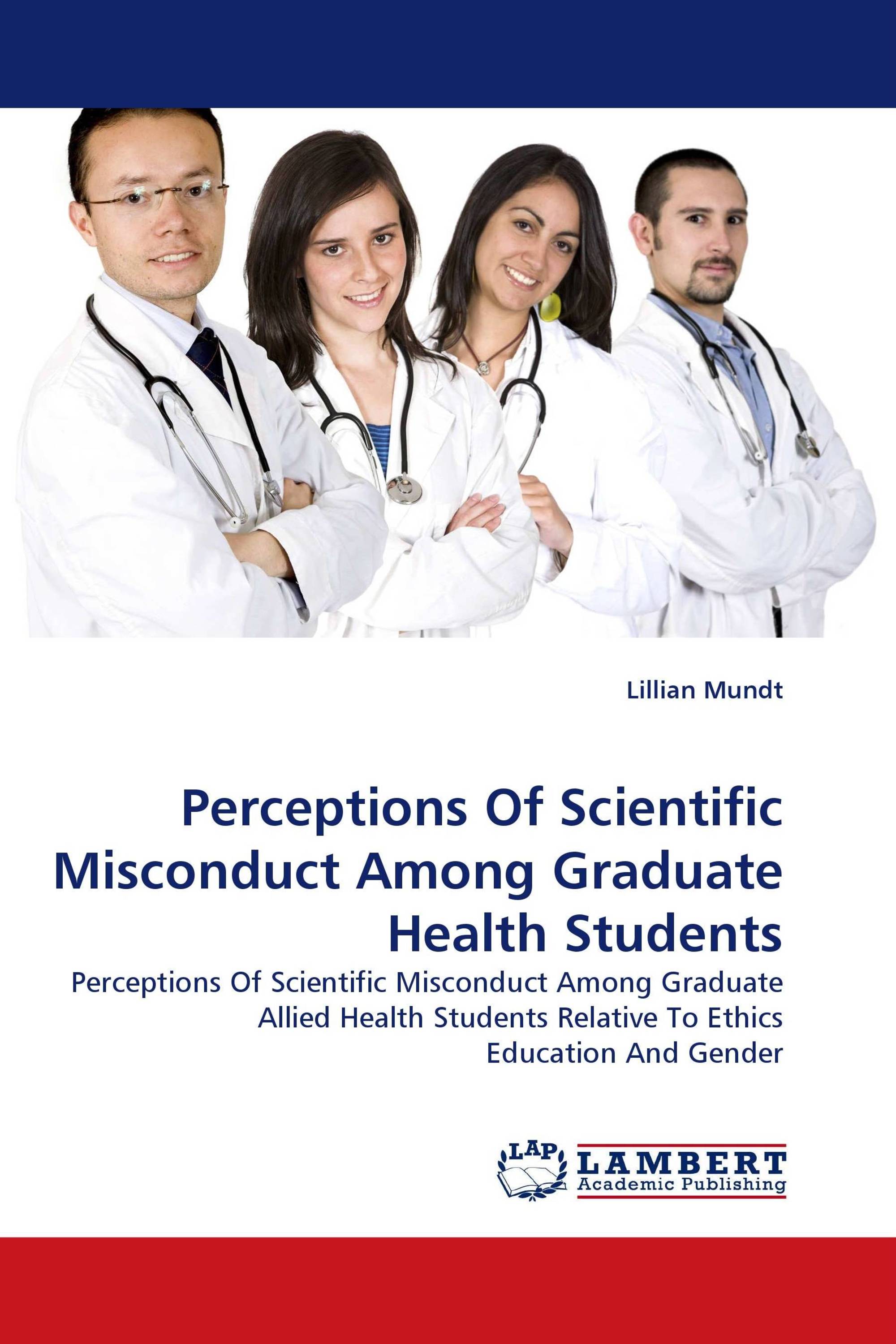Perceptions Of Scientific Misconduct Among Graduate Health Students
Perceptions Of Scientific Misconduct Among Graduate Allied Health Students Relative To Ethics Education And Gender
LAP Lambert Academic Publishing ( 2010-07-05 )
€ 79,00
Students graduating from various healthcare professions programs soon occupy leadership positions in those health professions as well as in society, including positions as researchers in their fields of expertise. The perceptions and habits these students develop during graduate training may influence their behaviors as ethical researchers. The purpose of this study was to determine the influence ethics education and gender have on students’ perceptions of scientific misconduct. Concerns regarding scientific misconduct include dishonesty in the conduct of science including publication concerns involving falsification, fabrication, and plagiarism, conflicts of interest, and misconduct in the areas of mentoring, authorship, use of humans, use of animals, collaboration, intellectual property ownership, genetics technology, and record keeping. These concerns comprised the constructs by which data were grouped. Scientific integrity scores were calculated and used in the statistical analysis. Statistical measures demonstrated a significant difference in the Use of Humans scores between students having had an ethics courses and students who had not taken an ethics course.
Book Details: |
|
|
ISBN-13: |
978-3-8383-7939-5 |
|
ISBN-10: |
383837939X |
|
EAN: |
9783838379395 |
|
Book language: |
English |
|
By (author) : |
Lillian Mundt |
|
Number of pages: |
340 |
|
Published on: |
2010-07-05 |
|
Category: |
Pedagogy |




